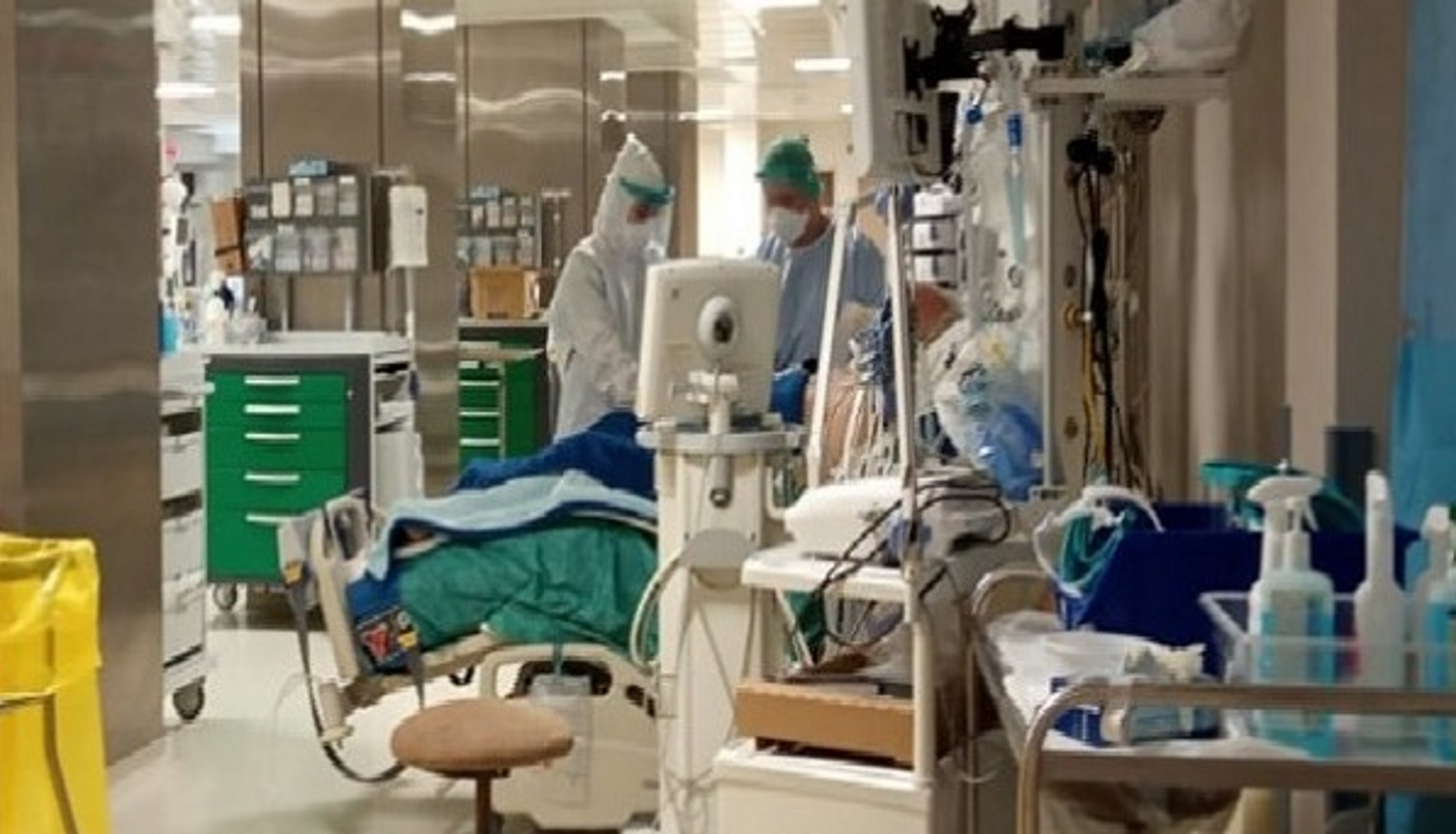The appearance of prolonged symptoms coronavirus, the so-called “long Covid-19”, which persist for months after the initial infection, are associated with an increased risk of new kidney problems, from simple to advanced renal inadequacy. This is according to a new US study published in the Journal of the American Society of Nephrology (JASN).
In particular, those who underwent – according to this research – heavier coronavirus, especially those who needed ICU admission, have a higher risk (up to 13 times higher) for subsequent kidney damage, even if they did not have acute kidney disease. during their hospitalization.
The study, led by Dr. Ziyad Al-‘Ali of the University of Washington in St. Louis, which was published in the Journal of the American Society of Nephrology (JASN), according to Reuters, analyzed data on about 1.7 million people. , of whom nearly 90,000 had been sick with coronavirus and had symptoms for at least a month.
It was found that the longer Covid-19 was present, the greater the chance of developing new kidney problems, which was true even if the coronavirus patient did not need hospitalization or ICU admission. However, renal failure and dysfunction were more pronounced in those who had a more severe infection.
Approximately 5% – one in 20 – of patients with long Covid-19 experienced a reduction of at least 30% in the critical eGFR (rate of glomerular filtration rate based on creatinine in the blood). In general, people with long-term Covid-19 were, on average, 25% more likely than those who were not infected with coronavirus to have a 30% reduction in this index.
EGFR drops normally as you get older (about 1% per year), but long Covid-19 can worsen and speed up this process of kidney failure (a 30% reduction in filtration rate is equivalent to 30 years of lost kidney function). .
The study also shows that patients with Covid-19 are almost twice as likely to develop acute kidney damage in which the kidneys suddenly lose their function, which can cause a variety of symptoms, such as swelling in the legs, fatigue and shortness of breath. People who have been hospitalized for Covid-19 are five to eight times more likely to have acute kidney damage than non-Covid-19 patients, and the risk of acute kidney damage is about 30% higher for those patients who ‘take’ Covid-19 infection in their home.
As Dr. Al-‘Ali said, “Our findings highlight the critical importance of paying attention to renal function and disease in the treatment of patients with Covid-19.” He also noted that at present it is not clear whether the deterioration of renal function in patients with long Covid-19 who have such problems will stop.
Acute kidney damage can be reversed without a chronic problem, but some patients in the study developed end-stage renal disease. However, according to the researchers, people who took Covid-19 mildly were less likely to develop kidney problems, and the risk was slightly higher for those who had suffered from the disease for weeks.
With information from ΑΠΕ-ΜΠΕ
READ ALSO
